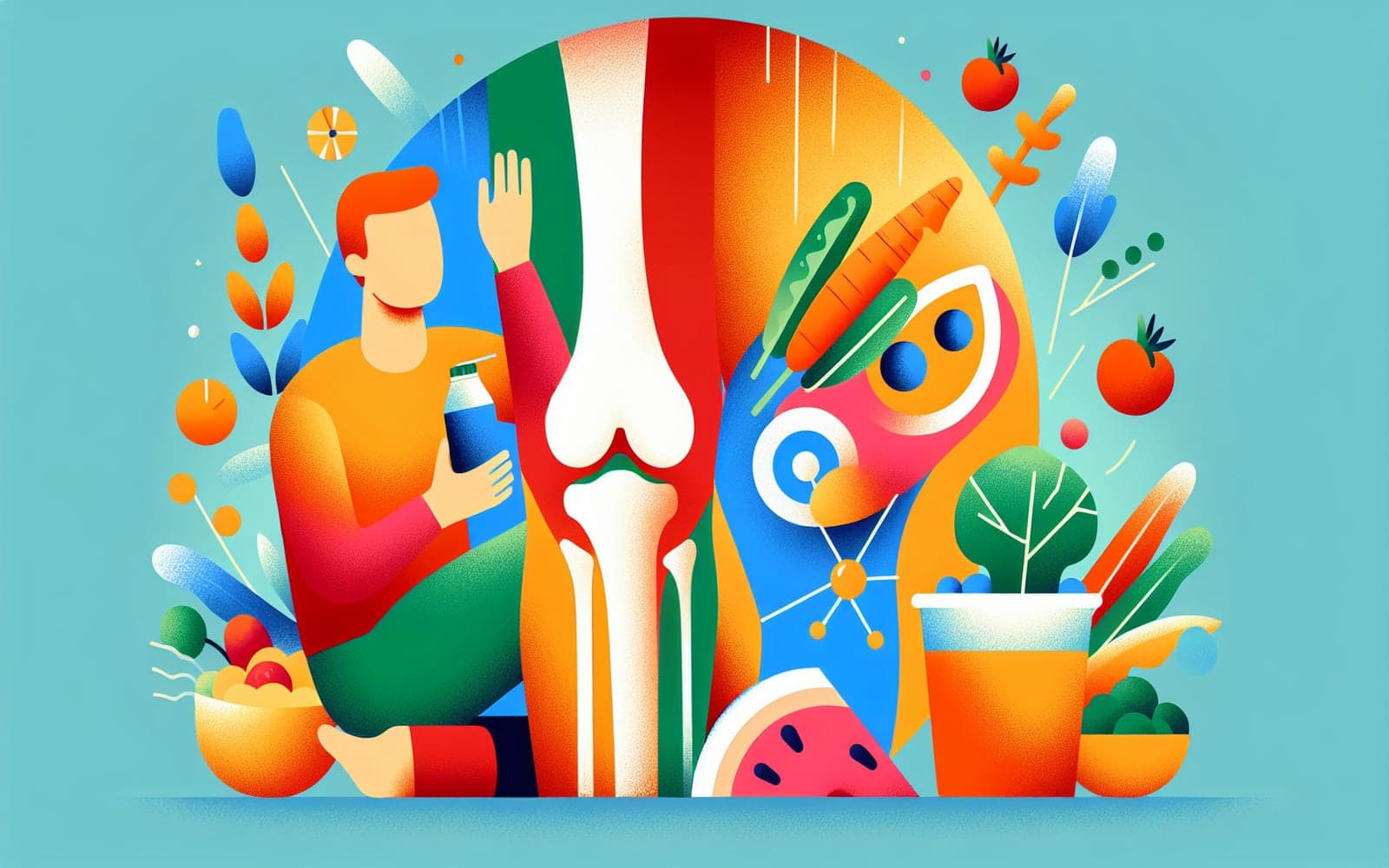Can Your Diet Protect Your ACL?
Published: Jan 03, 2024
You might be surprised to learn that what you eat could play a role in protecting your knees, especially the ACL. Discover how a balanced diet can contribute to ACL injury prevention and recovery.
Contents
Nutrients for Stronger Ligaments
Just like the rest of your body, your ligaments need the right nutrients to stay strong and healthy. Collagen-rich foods can help fortify your ACL, as collagen is a major component of ligaments. Vitamin C is crucial because it aids in collagen production, making citrus fruits a must-have in your diet. Foods high in Omega-3 fatty acids, like fish, can reduce inflammation, which is beneficial if you're recovering from an ACL injury.
The Role of Calcium and Vitamin D
Calcium and Vitamin D are often associated with bone health, but they also play a role in ligament health. Calcium helps maintain strong bones, which provide the structure and support for ligaments like the ACL. Vitamin D is essential for calcium absorption, and it can be obtained from sunlight or fortified foods. Together, they can help prevent injuries by keeping your bones and ligaments strong.

Staying Hydrated
Hydration is often underestimated, but it plays a vital role in maintaining the elasticity and health of your ligaments. Water helps keep your tissues hydrated, ensuring they remain flexible and less prone to injury. Drinking adequate water throughout the day supports the overall health of your ACL and can aid in recovery if you're dealing with an injury.
Frequently Asked Questions
Collagen-rich foods, citrus fruits for vitamin C, and fish for Omega-3s are beneficial.
Proper hydration maintains tissue elasticity, reducing injury risk.
They maintain strong bones and ligaments, preventing injuries.
Key Takeaways
Could a change in your diet reduce the risk of ACL injuries?
Try incorporating these nutrients into your diet and see how it benefits your knee health!Related Articles
References
Gordon MD, Steiner ME. Anterior cruciate ligament injuries. In: Orthopaedic Knowledge Update Sports Medicine III, Garrick JG (Ed), American Academy of Orthopaedic Surgeons, Rosemont 2004. p.169.
Always discuss health information with your healthcare provider.

